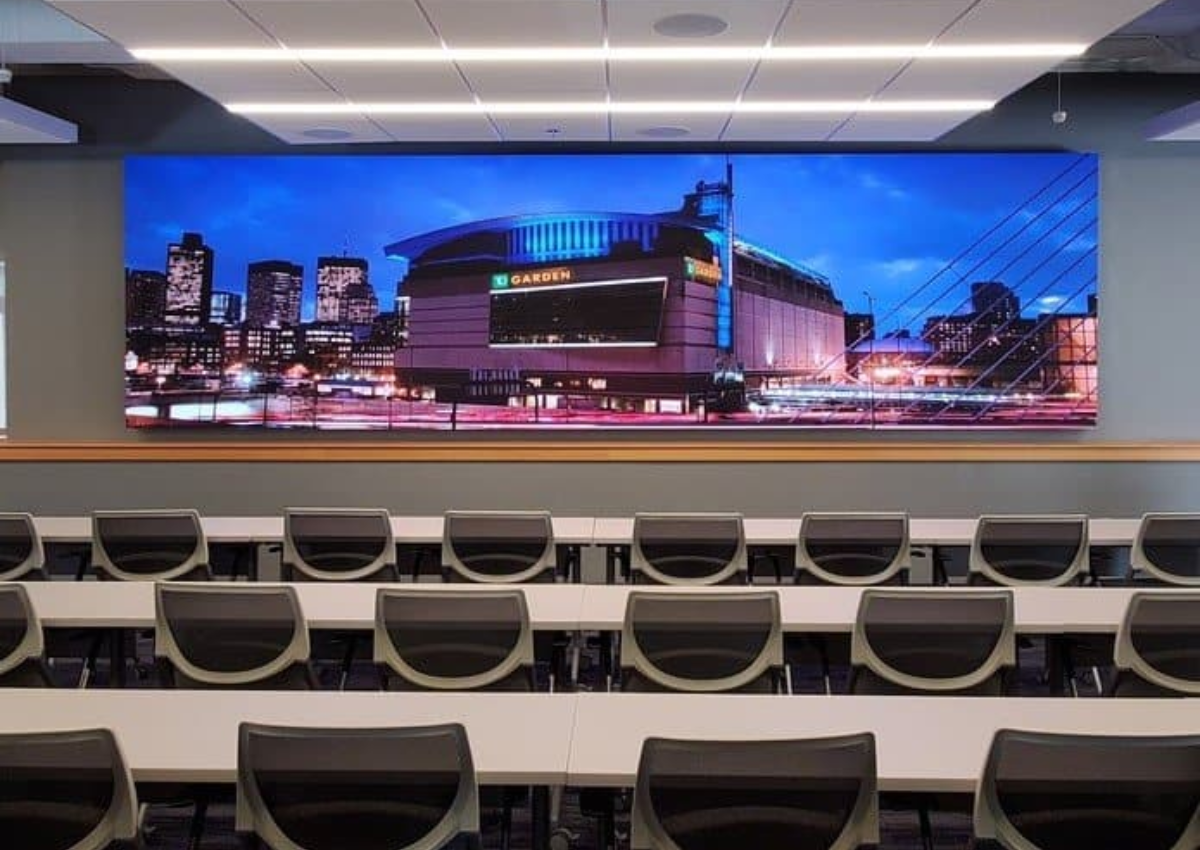The Benefits of Using LED Screens in Education
The Benefits of Using LED Screens in Education
In today’s fast-paced digital world, education is evolving beyond traditional methods. Schools, colleges, and universities are integrating technology to enhance learning experiences, and one tool that is making a significant impact is LED screens. These dynamic displays are revolutionizing classrooms, lecture halls, and common areas, providing a more engaging and effective way to deliver information.
1. Enhanced Learning Engagement
Traditional whiteboards and projectors have their limitations when it comes to capturing students' attention. LED screens offer vivid colors, high resolution, and dynamic visuals, making lessons more interactive and engaging. Whether it's displaying complex diagrams, high-quality videos, or live presentations, LED screens help students absorb and retain information more effectively.
2. Improved Collaboration and Interactivity
Modern LED screens are often touch-enabled, allowing teachers and students to interact with the content in real time. This fosters collaboration through activities like digital whiteboarding, group projects, and live polls. Interactive learning enhances critical thinking and problem-solving skills, making lessons more immersive.
3. Cost-Effective and Energy Efficient
While the initial investment in LED screens may seem high, they are more energy-efficient and durable compared to traditional projectors and TVs. LED technology consumes less power, has a longer lifespan, and requires minimal maintenance—resulting in long-term cost savings for educational institutions.
4. Versatile Applications in Education
LED screens are highly versatile and can be used in various educational settings, such as:
- Classrooms – Interactive lessons, real-time quizzes, and multimedia presentations.
- Lecture Halls – Large-format displays ensure that every student has a clear view of the content.
- Auditoriums and Common Areas – Digital signage for event announcements, schedules, and safety alerts.
- Libraries and Labs – Display research materials, digital resources, and learning aids.
5. Real-Time Information Sharing
LED screens are not just for learning; they also serve as effective communication tools. Schools and universities can use digital displays to share important announcements, timetables, emergency alerts, and event information instantly across campus, ensuring that students and staff stay informed.
6. Supporting Hybrid and Remote Learning
With the rise of hybrid learning, LED screens can seamlessly integrate with video conferencing and online collaboration tools. Schools can connect with remote students, guest lecturers, or other institutions worldwide, making education more accessible and inclusive.
LED screens are transforming education by making learning more engaging, interactive, and efficient. Their ability to enhance student participation, improve collaboration, and provide cost-effective solutions makes them a valuable investment for educational institutions.
As technology continues to advance, LED screens will play an even greater role in shaping the future of education. Schools that embrace this innovation today will be better prepared to provide a dynamic and effective learning environment for generations to come.
Are you considering LED screens for your education facility? Contact us to learn more about how they can benefit your institution!





